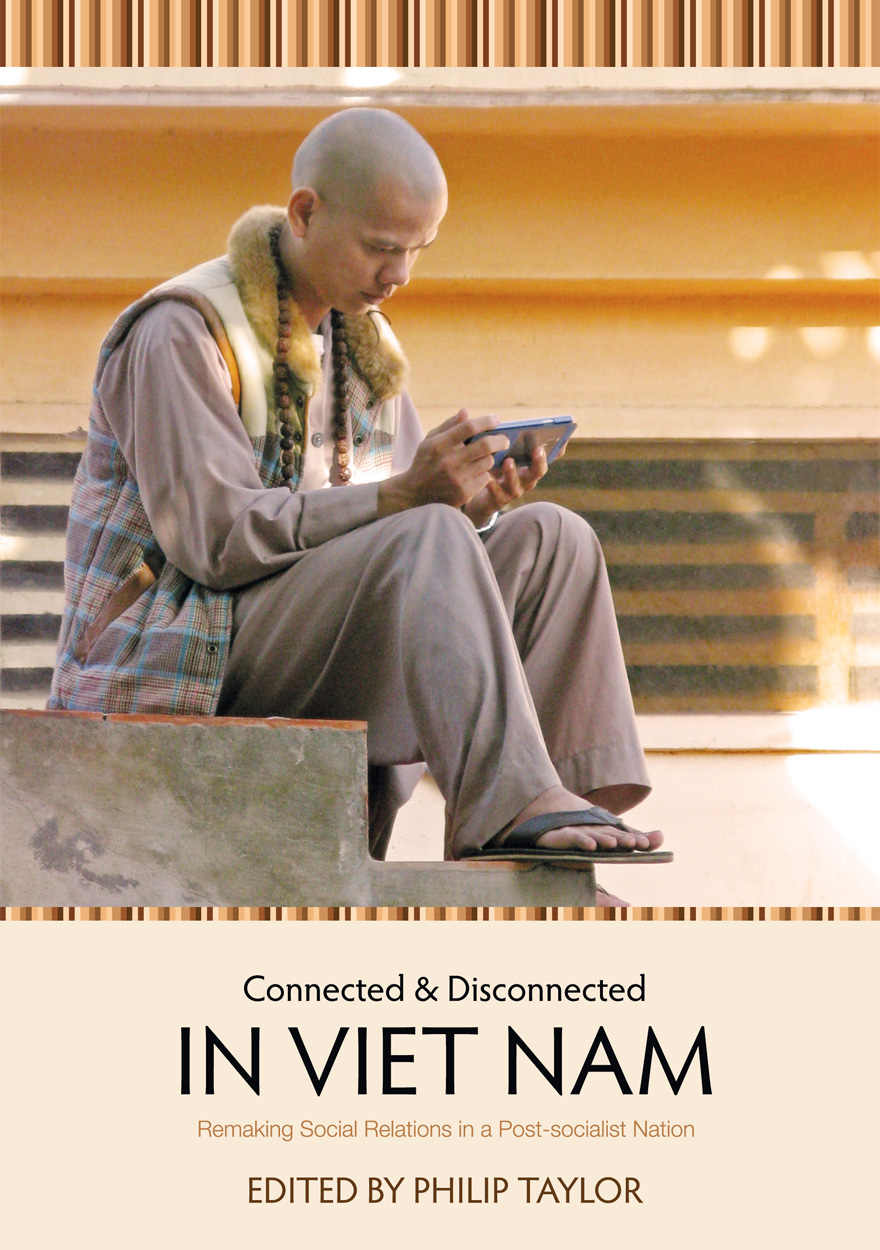Vietnam Series
The ANU Press Vietnam book series aims to publish original social sciences and humanities research on Vietnam that addresses issues of contemporary social and intellectual significance. The series accepts sole-authored studies and edited volumes on Vietnam that embody qualities of critical and comparative engagement and have the capacity to appeal to a wide readership.
Please note: The following list of titles is sorted by publication date, with the most recent first.
Displaying results 1 to 3 of 3.

Global Debates, Local Dilemmas »
Sex-selective Abortion in Contemporary Viet Nam

Vietnam’s Post-1975 Agrarian Reforms »
How local politics derailed socialist agriculture in southern Vietnam




